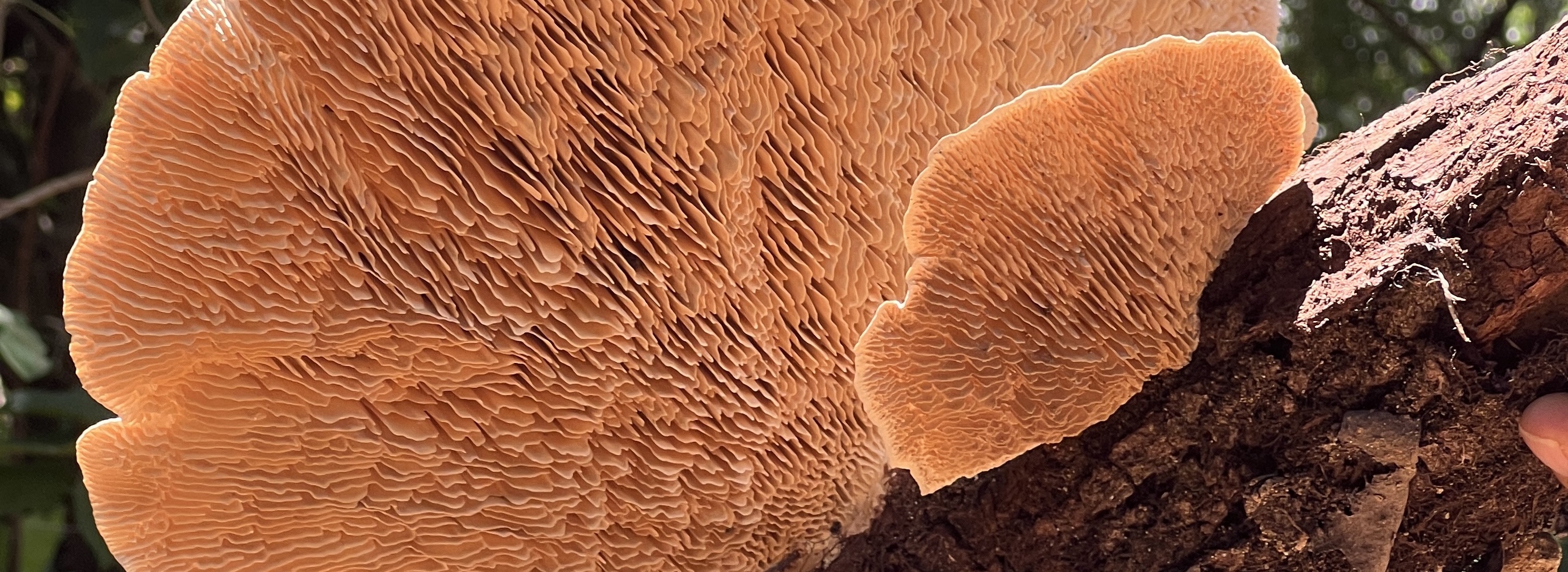
Monteverde Institute: Tropical Ecology and Conservation
Alternative Title
Distribución y abundancia de Epidendrum parkinsonianum (Orchidaceae) en relación con el hábitat y el tipo de micro hábitat
Files
Download Full Text (372 KB)
Publication Date
May 2005
Abstract
Orchid distribution and abundance are likely functions of both abiotic and biotic factors. Forty host trees were surveyed, 20 in a closed forest site and 20 in an open area, in Monteverde, Costa Rica. The distribution and abundance of Epidendrum parkinsonianum were examined in order to better understand how they are spatially distributed across habitats and microhabitats, and to suggest possible explanations for this distribution. Epidendrum parkinsonianum was significantly more common in the open area than the closed forest, with more orchids found per tree. Trees were divided into five tree zones to compare the distribution of orchids along abiotic gradients within microhabitats. Epidendrum parkinsonianum followed a random distribution in the open site, however in the closed site there were more orchids than expected in zone two and less than expected in zone four. In addition a significant correlation was found between the percent occupied by other vascular epiphytes and the E. parkinsonianum. Further investigation needs to be done in order to better understand exactly which factors are affecting the distribution and to what degree.
Resumen
La distribución y abundancia de las orquídeas es probablemente una función de factores tanto bióticos como abióticos. Cuarenta árboles fueron considerados, 20 en un bosque cerrado y 20 en un área abierta en Monteverde, Costa Rica. Este estudio examinó la distribución y la abundancia de Epidendrum parkinsonianum para entender mejor como se distribuían entre los hábitats y micro hábitats, y para sugerir algunas explicaciones para esta distribución. Epidendrum parkinsonianum fue significativamente más común en el área abierta que el bosque, con más orquídeas en cada árbol. Los árboles fueron divididos en cinco zonas que correspondían al gradiente de los factores abióticos para comparar la distribución de las orquídeas en los micro hábitats, Epidendrum parkinsonianum siguió una distribución aleatoria en el sitio abierto; pero hubo más orquídeas que las esperadas en la zona dos del bosque, y menos que las esperadas en la zona cuatro. También se encontró una relación significativa entre el porcentaje ocupado por otras epífitas vasculares y E. parkinsonianum. Se necesitan más estudios para entender exactamente qué factores afectan la distribución de las orquídeas.
Keywords
Orchids--Ecology, Microhabitats, CIEE Spring 2005
Palabras claves
Orquídeas--Ecología, CIEE Primavera 2005
Extent
8 pages
Holding Location
Monteverde Institute
Language
English; Spanish
Media Type
Articles
Format
Digital Only
Identifier
M39-00216
Type
Book
Recommended Citation
Mohan-Lucas, Alyson, "Distribution and abundance of Epidendrum parkinsonianum (Orchidaceae) in relation to habitat and microhabitat type, May 2005" (2005). Monteverde Institute: Tropical Ecology and Conservation. 117.
https://digitalcommons.usf.edu/tropical_ecology/117


